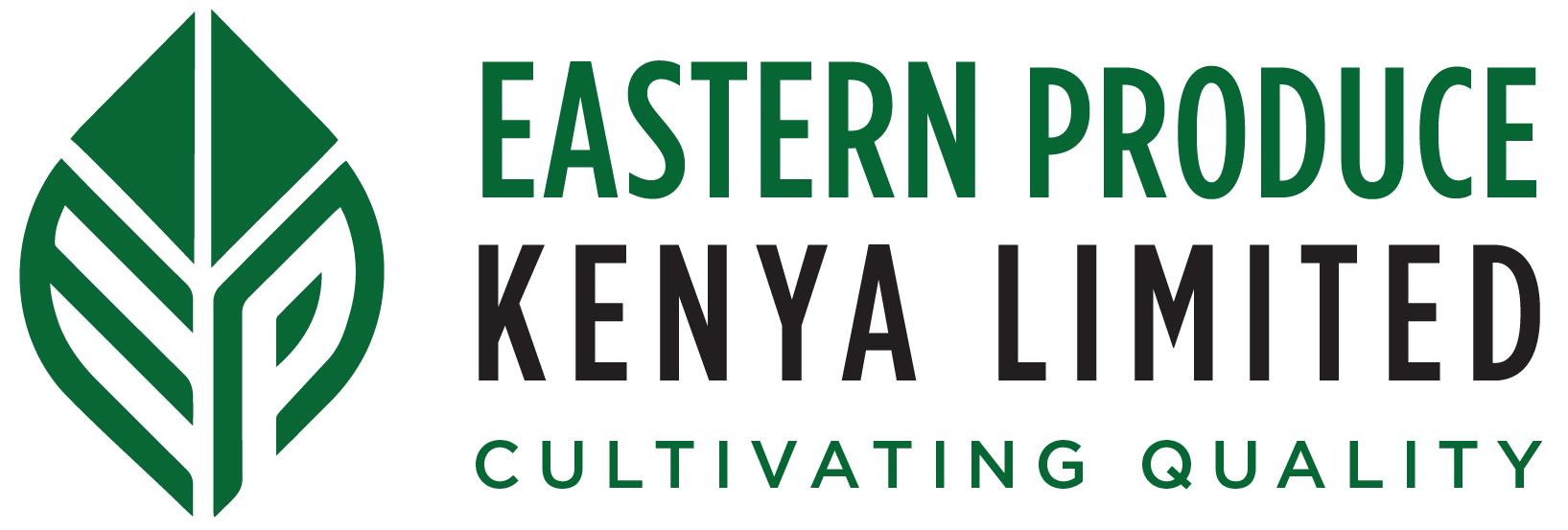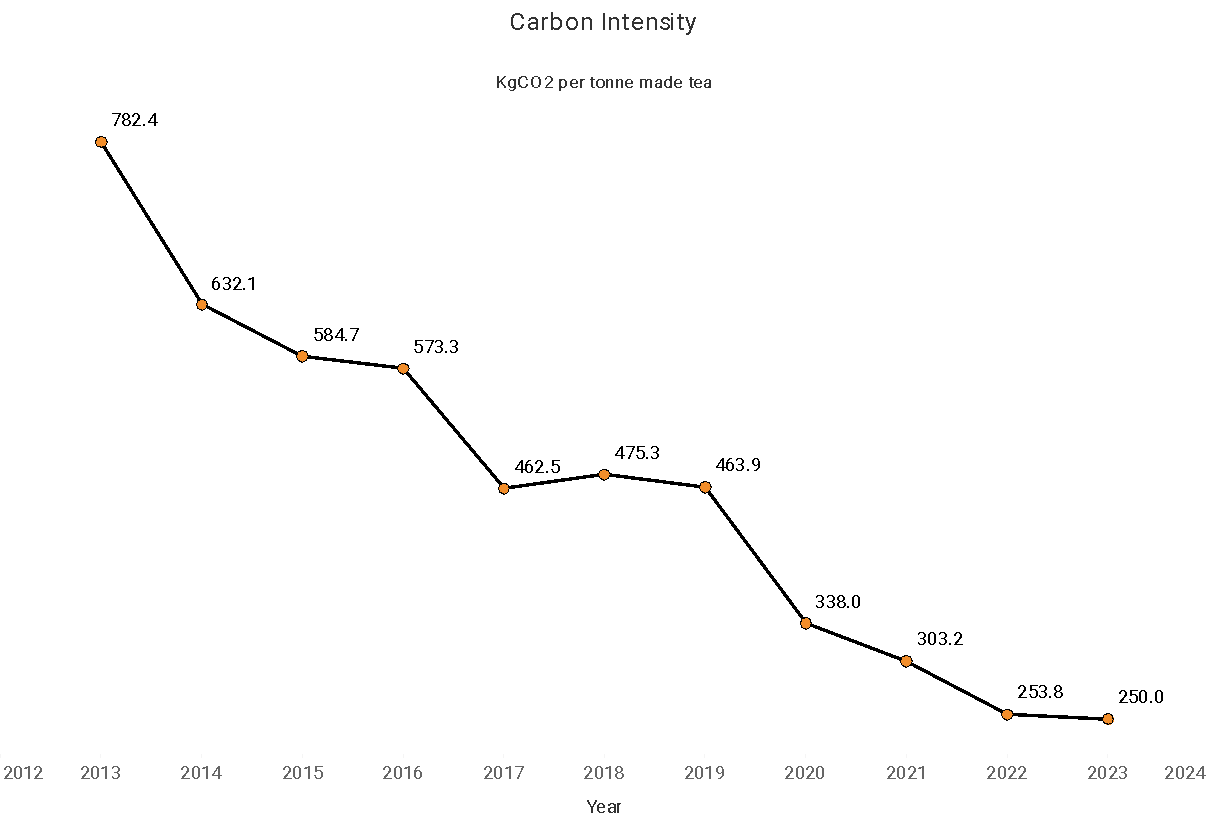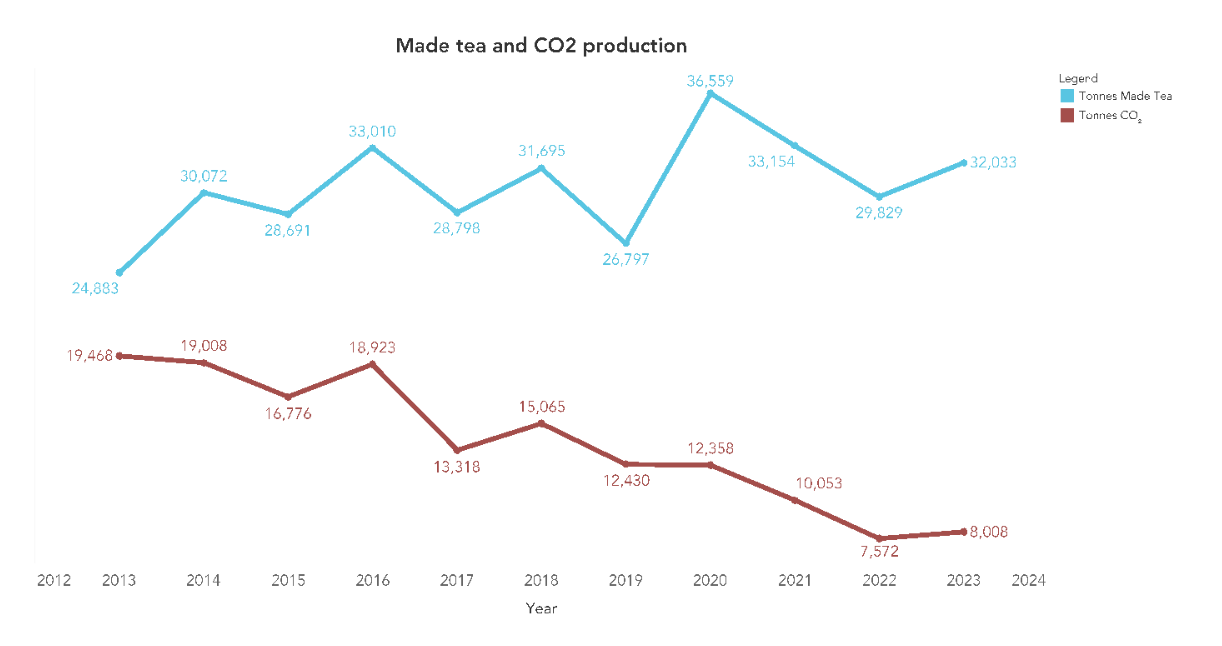Natural Resources
By the very nature of our business, we are long-term custodians of the natural resources under our stewardship.
To help preserve and enhance our natural environment, we employ relevant programs to reduce energy use as well as focus on the key elements of sustainable tea production, soil structure, water conservation and promoting biodiversity.
We recognize that both tea and commercial forestry are managed monocrops. Hence, we have set aside over 2,000 hectares of the land entrusted to us for the preservation of biodiversity and our natural flora and fauna.


